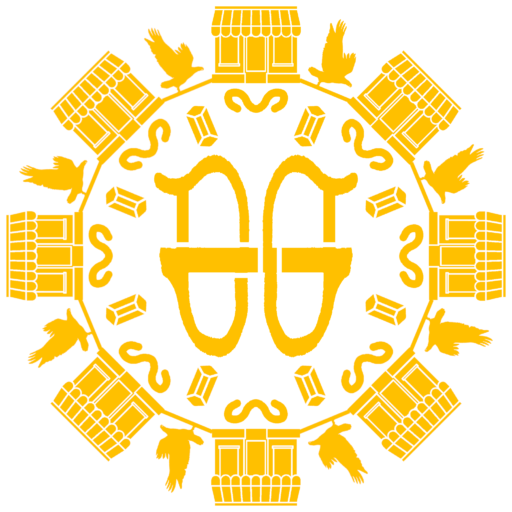As someone who received his undergraduate degree, it has been my goal to get into the field of linguistics in any way possible. Normally, I would settle with whatever degree would get me close to that goal (such as the Masters in English with a Rhetoric Concentration that I am currently pursuing), however, this piqued my interest, as I hope to study further into this underappreciated field.
It has been announced that the University of Berkeley has launched a new graduate program centered on language revitalization. Specifically it is offered as a graduate minor to Doctorate students. I will have to think about that when I reach that level. It is an interdisciplinary field combining ethnic studies with linguistics.
One of the students in this program, Sara Chase, has been taking advantage of this opportunity to revive the Hoopa language in her indigenous community. The Hoopa live in Humboldt County in northern California and their language is a member of the Athabaskan language family alongside well-known sister-languages Navajo, Gwich\’in, and Apache.
Language revival has been talked about among academics, with the most notable being Ghil\’ad Zuckermann, a professor from the University of Adelaide, who also has an online course dedicated to the subject. In the University of Victoria in Canada, there is a Certificate in Aboriginal Language Revitalization that is available.
However, it is only in America that I am starting to see language revitalization taken more seriously. In the case of the University of Berkeley, it is the university that takes that field most seriously as it applies to indigenous American languages. Of course an exemption would be Swarthmore College, where linguist K. David Harrison, who produced the documentary The Linguists, teaches. Though there are no graduate programs specifically dealing with language revival.
Though, I could imagine that it would be difficult to pinpoint language revival as a topic reserved for an academic degree beyond a minor or certificate, because it is intricately complex, as it would not only involve studying and transcribing the language, but also about being an active part in teaching the language to the descendants of the speakers. This could be important for Chase, as she is pursuing a PhD in Education. It would also be important for anyone pursuing this field to know that multiple specializations would not only be accepted but needed in language revitalization, such as pedagogy but also music and programming.
Nonetheless, it is definitely a good way to raise awareness of these languages that are either sleeping or endangered. Nez Perce scholar Beth Piatote noted the importance they have to the speakers as well as the environmental and medical knowledge that they contain. These reasons are why language revival is such an important field to examine in a collegiate level.
